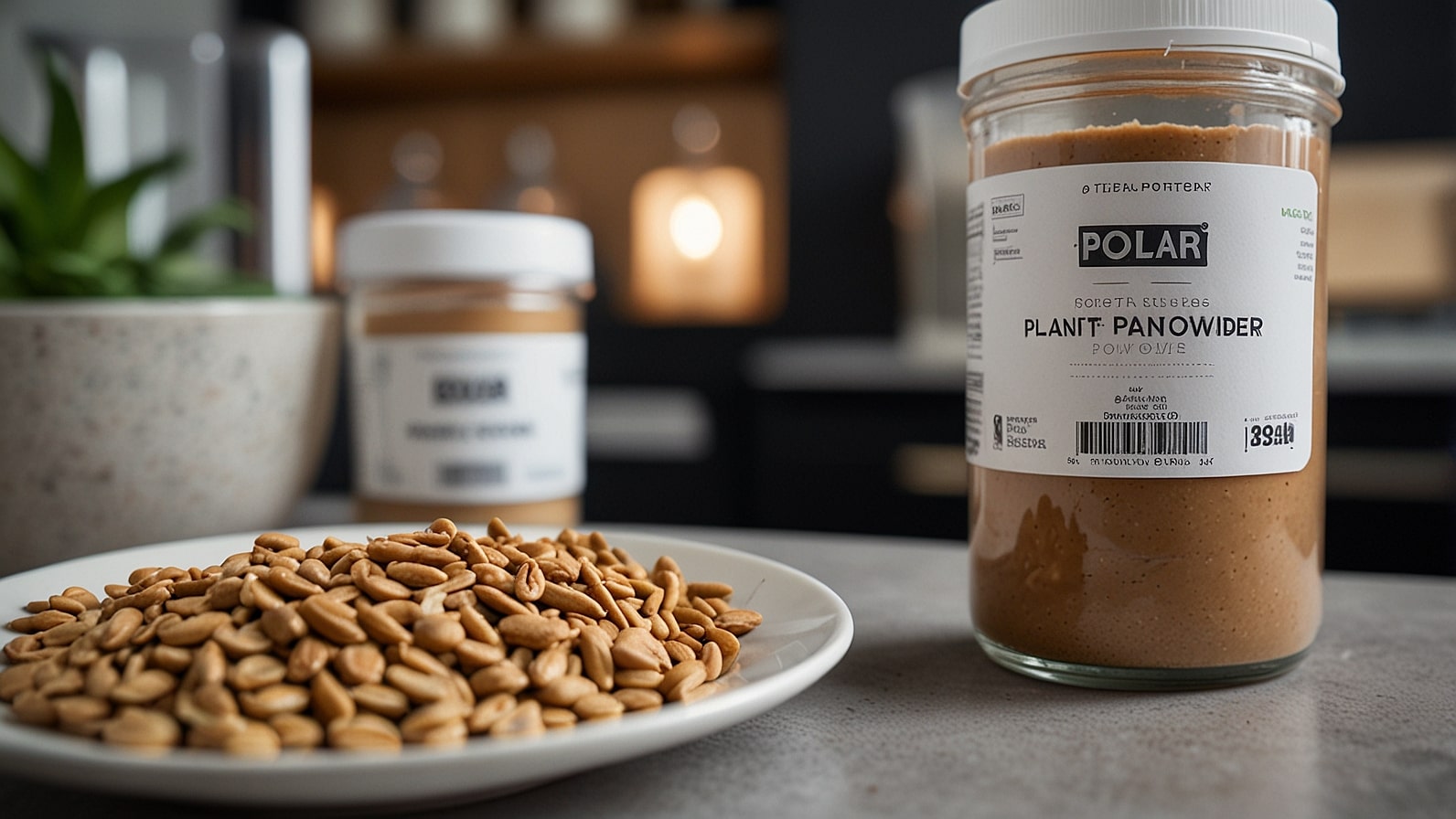In a huge success for the Nordic bioeconomy, Finnish venture capital company Omicron Ventures has announced a landmark investment in Polar Protein, an innovative food technology developer based in Helsinki.
The significant venture round, expected to be one of the biggest investments in a Nordic food tech company in the year, will help Polar Protein expand manufacturing of its new type of plant-based protein, ProTerra, which is created as a result of a unique blend of native Finnish crops: the widely used oat and the robust fava bean.
The new strategic investment will be seen as a good sign of optimism in the emerging green bioeconomy market in Finland, and Polar Protein will be a new force in the quickly developing alternative protein industry in the world, competing with established giants in North America and Asia.
Exploiting Nordic Nature for Sustainable Nutrition
The fundamental principle of the innovation of Polar Protein is its own processing technology and the purposeful utilisation of raw materials obtained locally.
In contrast to numerous other vegetarian proteins, which can be based on such sources as soy or peas, ProTerra is developed using crops that thrive well in the cool Nordic environment. The research wing at the company has devised a novel, low-energy fermentation and filtration process that isolates the protein of these crops, producing a high-protein powder that is completely neutral in taste and has a complete amino acid profile.
The sustainability of the product is also a major attribute of the product in the market. With the use of crops that use less fertiliser, and plants that are innately pest resistant in the Northern European climate, Polar Protein has a carbon footprint that is much less than animal-based proteins and even some other alternatives based on plants, that utilise imported ingredients.
It has all its production chain in a 200-kilometre radius, with the field to the processing facility significantly reducing transportation emissions and boosting the local Finnish agriculture.
A Green Transition Strategic Bet
Nordic deep-tech and sustainable industry Omicron Ventures, which is characterised by its concentrated investments, was the pioneer of this new financing round. The move by the firm to support Polar Protein is considered to be a long-term investment in the sustainability of the green bio economy. A representative of the venture capital firm said in a statement that it was in line with the global trends of sustainable sourcing, food security, and nutritional excellence.
When it comes to capital injection, it is set aside to work on two main tasks. The former is the building of a new, industrial-scale production facility in the Kuopio area, which is the area of bioindustrial innovations in Finland.
This plant is expected to bring about a twentyfold growth in the output of the company in two years. The second important goal is an aggressive move to new world markets, the first target being the European Union and the United Kingdom, where consumption of green and plant-based foods is still on the increase.
Market and Competition
The news has sparked a lot of enthusiasm in the Finnish business fraternity, and this highlights the possibility of the country being a pioneer in sustainable food systems. Analysts in the industry observe that the success of Polar Protein may lead to Finland having a new export industry to replace old forestry and technology exports.
The alternative protein market around the world is highly competitive, with well-funded companies having a leading role in the market. Nevertheless, the distinctive value package of Polar Protein, which is based on Nordic origin, high sustainability, and a clean ingredient list, enables this company to occupy a specific niche. The first market the company seeks to enter is the B2B segment, where it plans to sell its ProTerra protein to food companies to make meat-free products, dairy-free goods, and nutritional supplements.
It is also a good indicator of the whole Nordic startup ecosystem, proving that when a venture is founded on far-reaching scientific research and robust environmental, social, and governance practices, it can be a significant target of capital. It is anticipated to catalyse more investment in the Finnish bio-tech and food science to make the country stronger as a laboratory of innovative solutions to global problems.
Conclusions and Future Projections
Having the new funding in place, Polar Protein will cease being a promising startup and turn into a substantial industrial power. The company roadmap involves more research and development to increase its range of products, such as specialised proteins for specific culinary use, such as baking and ready-to-drink beverages.
The implications of this model being successful may be very far-reaching for the agricultural practices in the Nordic and Baltic regions, and it may be used to give new high-value markets to the farmers and promote more sustainable crop rotation systems.
The tale of a small Finnish business using its local resources to design a global product is a compelling story as global supply chains are under greater and greater pressure, and consumers are making decisions based on their environmental concerns.
The collaboration between Polar Protein and Omicron Ventures is one of the achievements of the increased overlap between technology, sustainability, and food science. It is a milestone in the history of the innovation economy in Finland, as it places the country not only as an importer of the food trends worldwide, but also as a major architect of the sustainable future.
